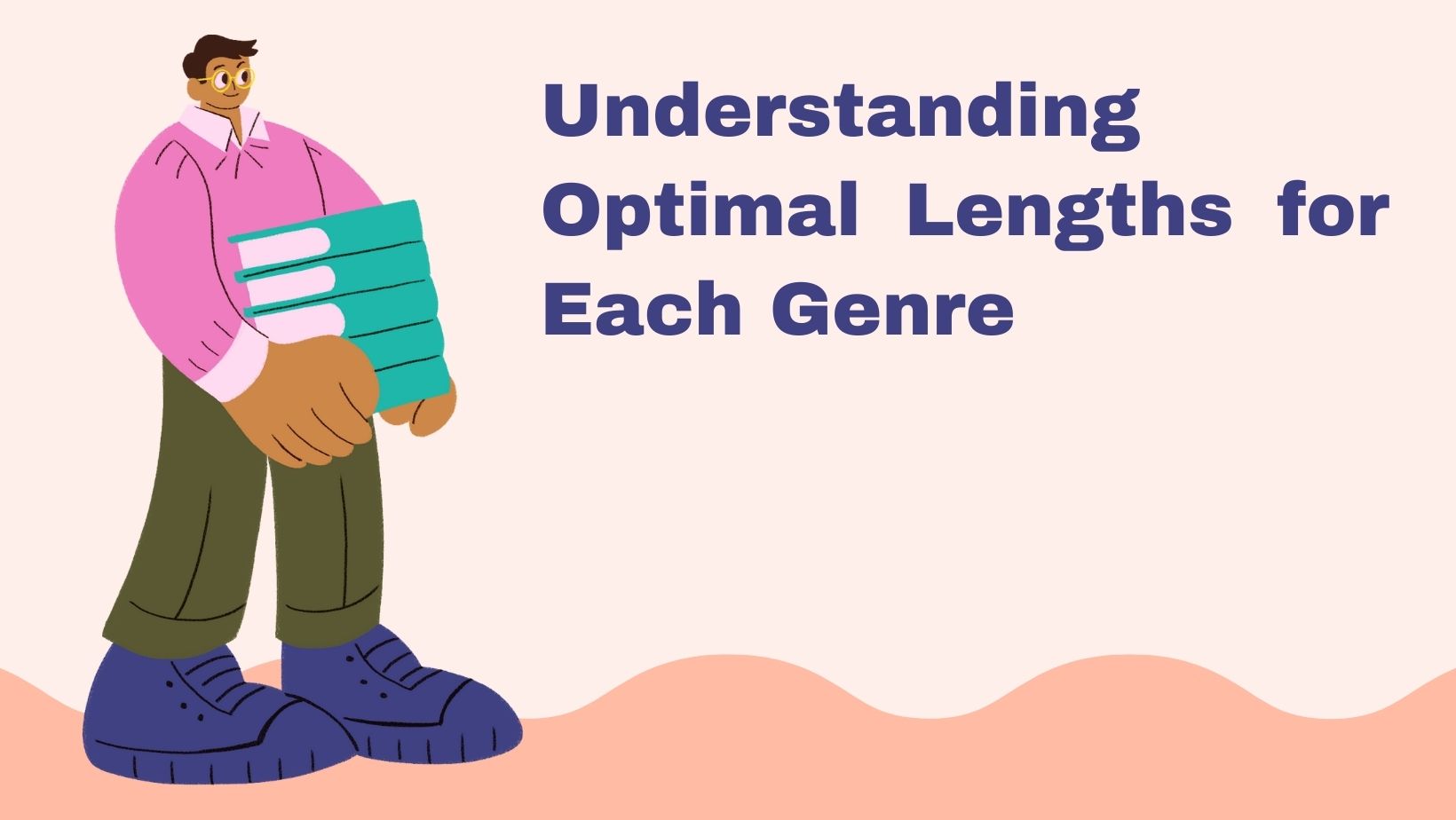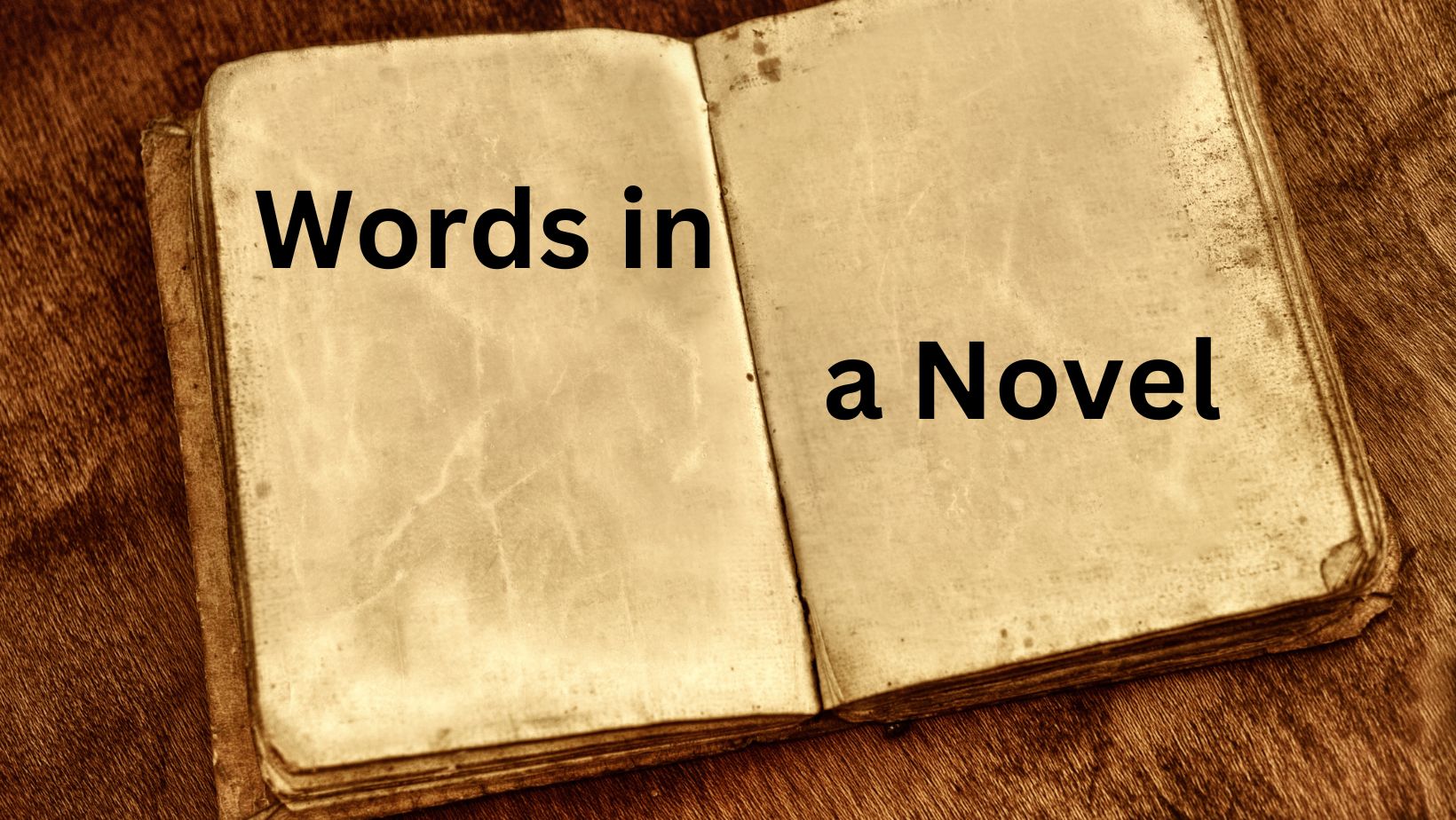Crafting a compelling narrative is the cornerstone of success for content marketers and writers alike. However, the often overlooked factor of chapter length plays a significant role in determining the overall impact of your story. Determining the length of a chapter is part art, part science, and knowing the averages for your particular genre can provide valuable guidance. So, let’s demystify the enigma of chapter length in different novel genres.
The question arises: How long should a chapter be? Moreover, what are the genre-specific averages when it comes to chapter lengths? Whether you’re delving into comedy, mystery, memoirs, or romance, each genre possesses its own set of standards for chapter length that are deemed “optimal.” Join us in this blog post as we explore the depths of writing structure and uncover the average chapter lengths across various genres.
Table of Contents
Chapter Length in Storytelling

While understanding average chapter lengths can be helpful, it’s essential to remember that they serve as guides, not rules. Some authors may use varied chapter lengths within a single book to manipulate pacing and tension, while others may prefer consistency. Always consider the needs of your story first – if a chapter accomplishes what it needs to, then it’s the right length, regardless of word count.
In the realm of crafting an engaging narrative, the significance of chapter length cannot be overstated. Chapters act as natural breaks, offering readers a moment to absorb what they’ve just read and prepare for the next segment. Skillfully implemented chapter lengths can also generate tension and anticipation, propelling readers forward, eager to turn the next page.
Chapter Length by Genres
Every author has their own individual preferences when it comes to chapter length. Nevertheless, different genres exhibit variations in this aspect. For instance, romance novels typically feature shorter chapters, providing a quick pace. Conversely, thrillers tend to have longer chapters, allowing suspense to build over a greater expanse.
While there are variations within each genre, it’s essential to familiarize oneself with the general trends, be it sci-fi and fantasy embracing longer chapters to create intricate worlds or cozy mysteries adopting shorter chapters to maintain a brisk tempo. Understanding the conventions of your preferred genre as a reader or experimenting with chapter lengths as a writer can be invaluable.
Romance, Science Fiction, Fantasy, Mystery/Thriller
Immersing oneself in captivating literary worlds is a delight for avid readers. Yet, did you know that chapter length influences your reading experience? On average, romance novels tend to have shorter chapters, typically spanning three to five pages. Science fiction chapters extend a bit further, averaging around ten to fifteen pages, followed closely by fantasy with chapter lengths of twelve to eighteen pages. Meanwhile, mystery and thriller novels tend to have the longest chapters, averaging fifteen to twenty pages.
- Literary and Commercial Fiction: For these genres, chapter length can vary significantly. However, they generally tend to stick between 3,000 and 5,000 words.
- Science Fiction and Fantasy: Given the detail and complexity often involved in these genres, chapters can be on the longer side, often ranging between 4,000 and 6,000 words.
- Mystery/Thriller/Horror: These genres thrive on fast pacing and tension. Shorter chapters often work well here, averaging around 1,500 to 3,000 words.
- Romance: Romance novels, focusing on relationships and emotions, often feature chapters around 2,000 to 3,000 words.
- Young Adult: YA chapters often mirror the pacing and complexity of the story, typically ranging from 2,000 to 4,000 words.
Right Chapter Length for Story
Chapter length can significantly impact a reader’s experience. Short chapters typically increase the pacing of the story, making the novel feel ‘fast.’ They can also build tension or suspense, as readers often feel compelled to read just one more chapter. On the other hand, longer chapters can slow the pacing, giving readers more time to immerse themselves in the world or the characters. This works particularly well for genres that require extensive world-building or character development, such as fantasy or literary fiction.
Dividing Chapters into Sections

Thoughtful planning enhances the organization and reader friendliness of your writing. Consider the natural flow of your story or the information being presented; are there suitable breaks in action or concepts that indicate the start of a new section? Employing subheadings or section titles can provide a clear structure for readers. Don’t be afraid to experiment with different chapter lengths; shorter chapters can create a more engaging pace. The key is to prioritize the reader’s experience and ensure that chapter divisions enhance the overall flow of the narrative.
Narrative Flow by Editing
Editing can be a formidable task, especially when striving to achieve a seamless narrative flow. To create cohesiveness, identify the key elements that bind your piece together, whether it be a theme, character, or setting. Focusing on these elements will guide your revisions. Reading your work aloud is a valuable technique that offers insights into the flow and identifies potential obstacles. Pay close attention to sentence structure and transitions between paragraphs to improve overall fluency. Editing is a process of fine-tuning and refining your work until it effortlessly flows. These tips will propel you towards achieving a cohesive narrative flow.
While each storyteller possesses a unique style, it is important to consider chapter length and structure them in a manner that aligns with your vision. By utilizing the tips provided in this blog post, you will gain confidence in determining your preferred approach. However, if you find yourself still grappling with writing and editing, Elite Authors is here to help. With personalized guidance and coaching, we equip fiction authors with the necessary tools to reach their storytelling potential. Whether you seek assistance with chapter length or perfecting dialogue, contact Elite Authors today and be confident in your ability to create engaging stories with impact fully structured chapters!
Conclusion
Decoding the ideal chapter length in a novel is a dynamic blend of understanding genre norms and the author’s storytelling style. While general guidelines suggest a chapter length between 2,000 to 5,000 words, this can significantly vary depending on the genre. From fast-paced thrillers favoring shorter chapters around 1,500 to 3,000 words, to immersive science fiction and fantasy novels that lean towards more substantial 4,000 to 6,000 word chapters, each genre carries its own pacing and structural nuances.
Ultimately, successful chapter length is more about serving the plot and maintaining the reader’s interest than conforming to a preset word count. Therefore, as an author, your focus should remain on crafting compelling, cohesive chapters that drive your narrative forward, irrespective of their length. Understanding the balance between genre expectations and your unique narrative will enhance your storytelling, making your novel a captivating read.



